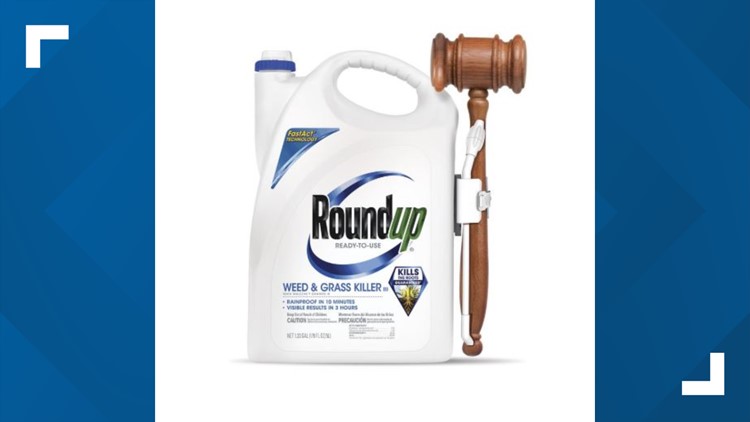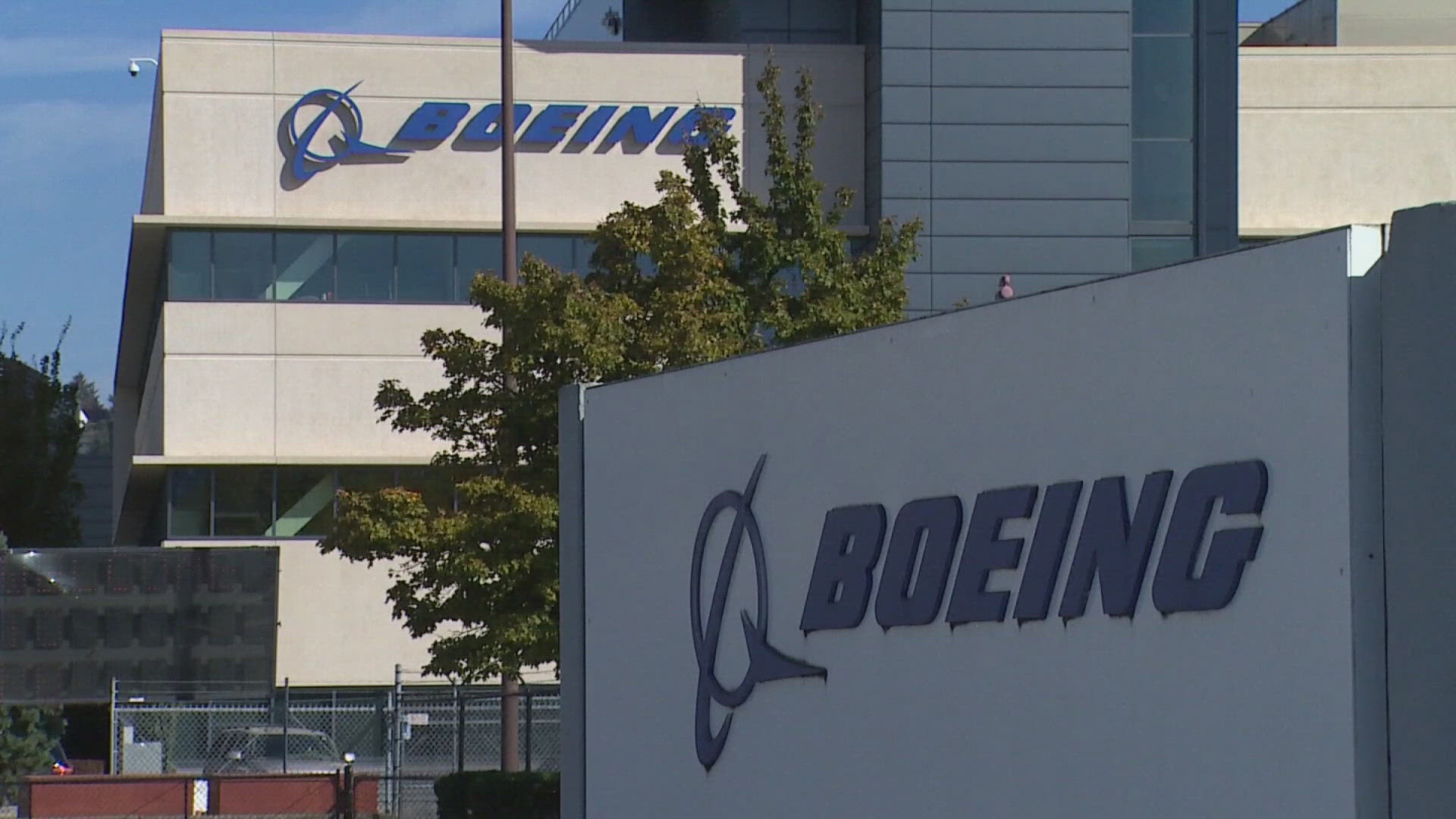ST. LOUIS — For the second time in seven months, Bayer AG (OTCMKTS: BAYRY) has asked the U.S. Supreme Court to review a state court decision that sided with users of Roundup who alleged that the weedkiller caused cancer.
In May 2019, a California state trial court awarded $2 billion to a couple, Alva and Alberta Pilliod, whose lawsuit said they developed non-Hodgkin's lymphoma after using Roundup for decades. The award later was reduced to $86.7 million, but an appeals court and the state Supreme Court upheld the trial court ruling.
Referring to the petition requesting review filed March 17 with the U.S. Supreme Court, a Bayer spokesperson said the state-based “failure-to-warn claims at the center of the case are preempted by federal law and the punitive damages award is excessive and violates the U.S. Constitution.”
The company spokesperson added: “With regard to the label, the U.S. EPA has consistently found that glyphosate-based herbicides can be used safely and are not carcinogenic. The plaintiffs’ state-based claims regarding the absence of a cancer warning are therefore preempted by the Federal Insecticide, Fungicide and Rodenticide Act, (FIFRA), the federal statute regulating herbicides and their labels.”
R. Brent Wisner, the California attorney who represented the Pilliods, didn’t immediately respond to a request for a comment.
Bayer, which acquired Roundup with its $63 billion purchase of St. Louis-based Monsanto Co. in 2018, is attempting avoid potential liability tied to thousands of plaintiffs that could total in the billions of dollars. Of the approximate 138,000 Roundup claims, about 107,000 have been settled or "are not eligible for various reasons," according to the company's annual report.
In its 43-page petition, Bayer argues that the award to the Pilliods is unconstitutional both because it is “impermissibly high” and no punitive damages award is proper because the company “acted in accordance with the scientific and regulatory consensus regarding the safety of its product.”
Read the full story on the St. Louis Business Journal website.



